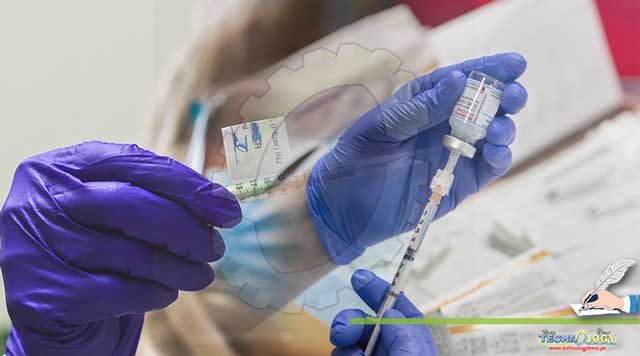The commonly available vaccines in Pakistan can protect you from future infections

By Dr Jamshed
It is time to get vaccinated. COVID-19 vaccines contain parts of the virus against which our immune system responds. The immune B-cells produce antibodies while immune T-cells attack the virus. The general perception is that vaccines protect you from future infections through antibody response. After the infection or vaccination, many people get their antibodies level checked to know how protected they are against SARS-CoV-2. However, scientific research challenges this simplistic approach.
To understand this, consider the fact that vaccines are typically made against one variety of the virus. Generally, both B- and T-cells are activated and memory cells are generated for future safety.
Antibody response
Over time, the antibodies level gradually drops. Secondly, if your body encounters SARS-CoV-2 variant against which you were not vaccinated, you are in big trouble. In such cases, the phenomenon of antibody-dependent enhancement (ADE) might take place. Briefly, the antibodies do attach to the virus, but cannot neutralize it because the antibody is against a different variety of virus. Macrophages and other immune cells engulf the antibody-attached virus in an attempt to clean up the problematic pathogen. However, since virus was not neutralized, the virus then stays inside the immune cells, perfectly hidden from body’s immune system. Virus multiplies and damages the body (https://technologytimes.pk/2021/03/08/covid-vaccine-problem-coronavirus-variants/)
Interestingly, ADE is the phenomenon that was mentioned in a fake news as a reason for people dying within two years of SARS-CoV-2 vaccination!
T-cell response
Many studies have supported a synergistic B- and T-cell response after the vaccine or SARS-CoV-2 infection. Now, reports are emerging that shift the paradigm and emphasize the role of T-cell or cellular response against COVID-19. For example, researchers from Netherland and USA have recently concluded that when you get vaccinated for one SARS-CoV-2 variety, you are protected against multiple variants as well (Geers et al., 2021). The team found that even when the vaccine produced antibodies, in many people, those antibodies could not neutralize the SARS-CoV-2 variants. It was the T-cells in blood that protected the people against the mutated or variant virus. After vaccination, the activated T-cells were so versatile that they gave immunity against additional SARS-CoV-2 varieties.
This implies that when your antibodies are low, T-cells may be enough to save you from reinfection from multiple SARS-CoV-2 variants.
Concluding remarks
The commonly available vaccines in Pakistan can protect you from future infections. We need to stop worrying about declining antibodies levels after 6 months or so, because the activated as well as memory T-cells can provide a long-term and multifaceted protection. It is high time that labs in Pakistan start testing for T-cell responses in the blood as well. It will help determine a person’s immune status and a vaccine’s efficacy. Antibodies are famous, but now T-cells should be given the limelight.